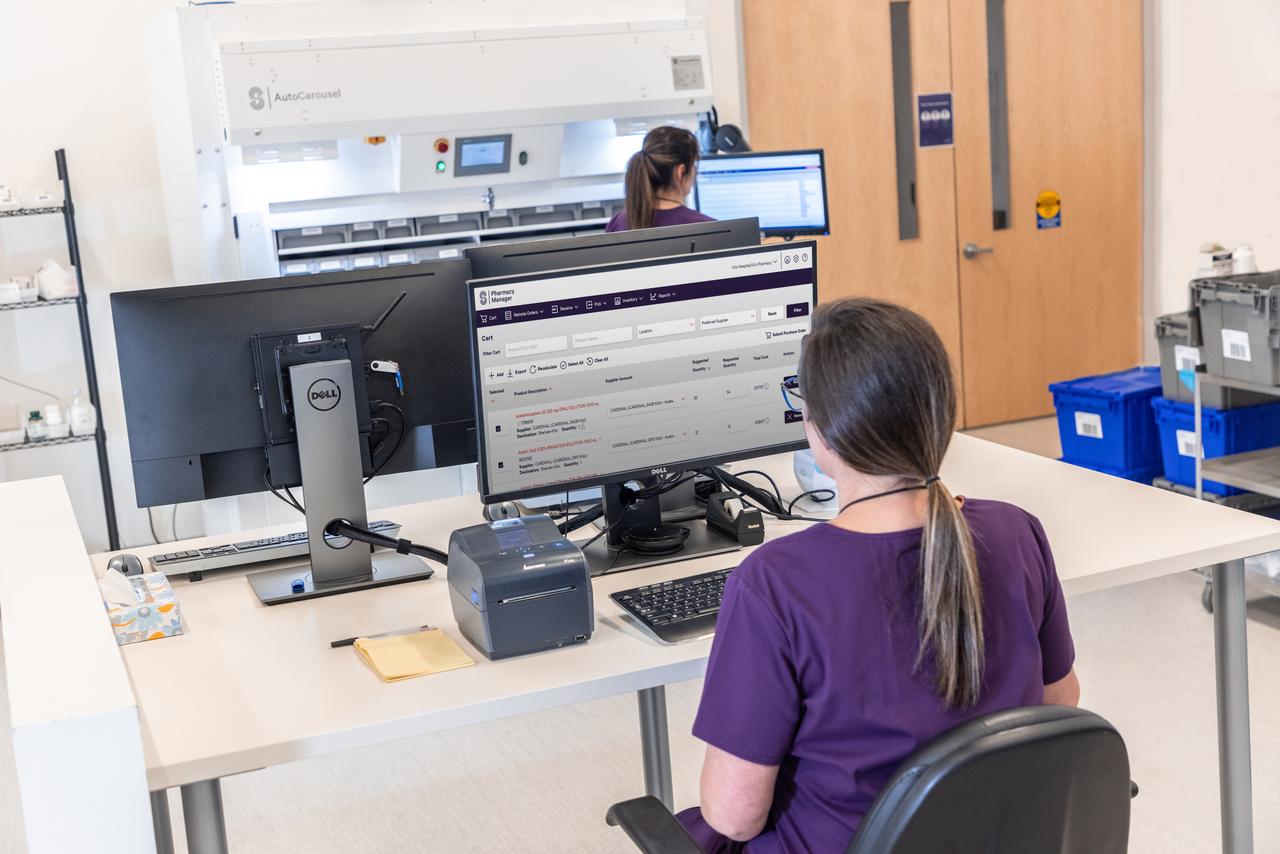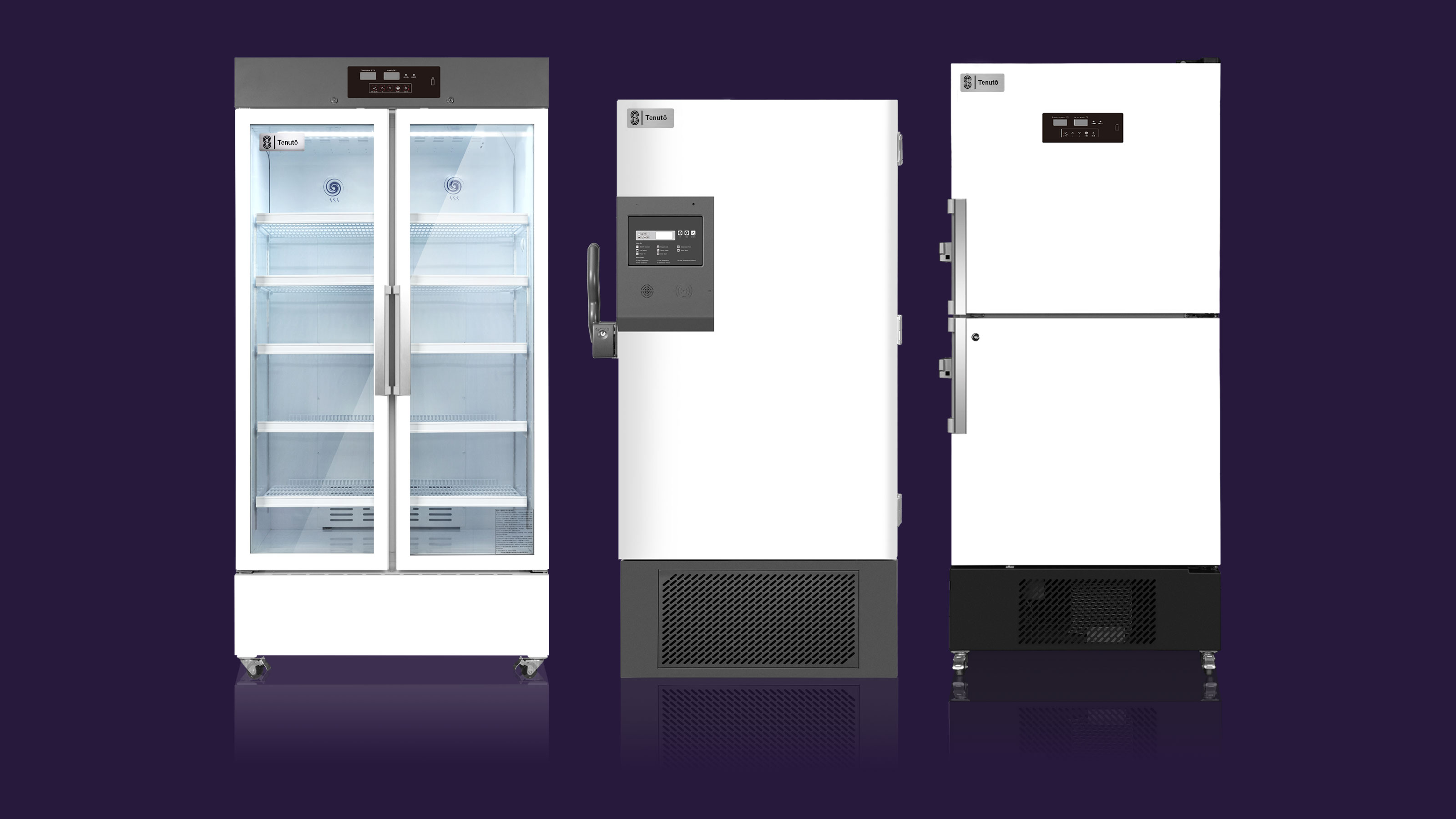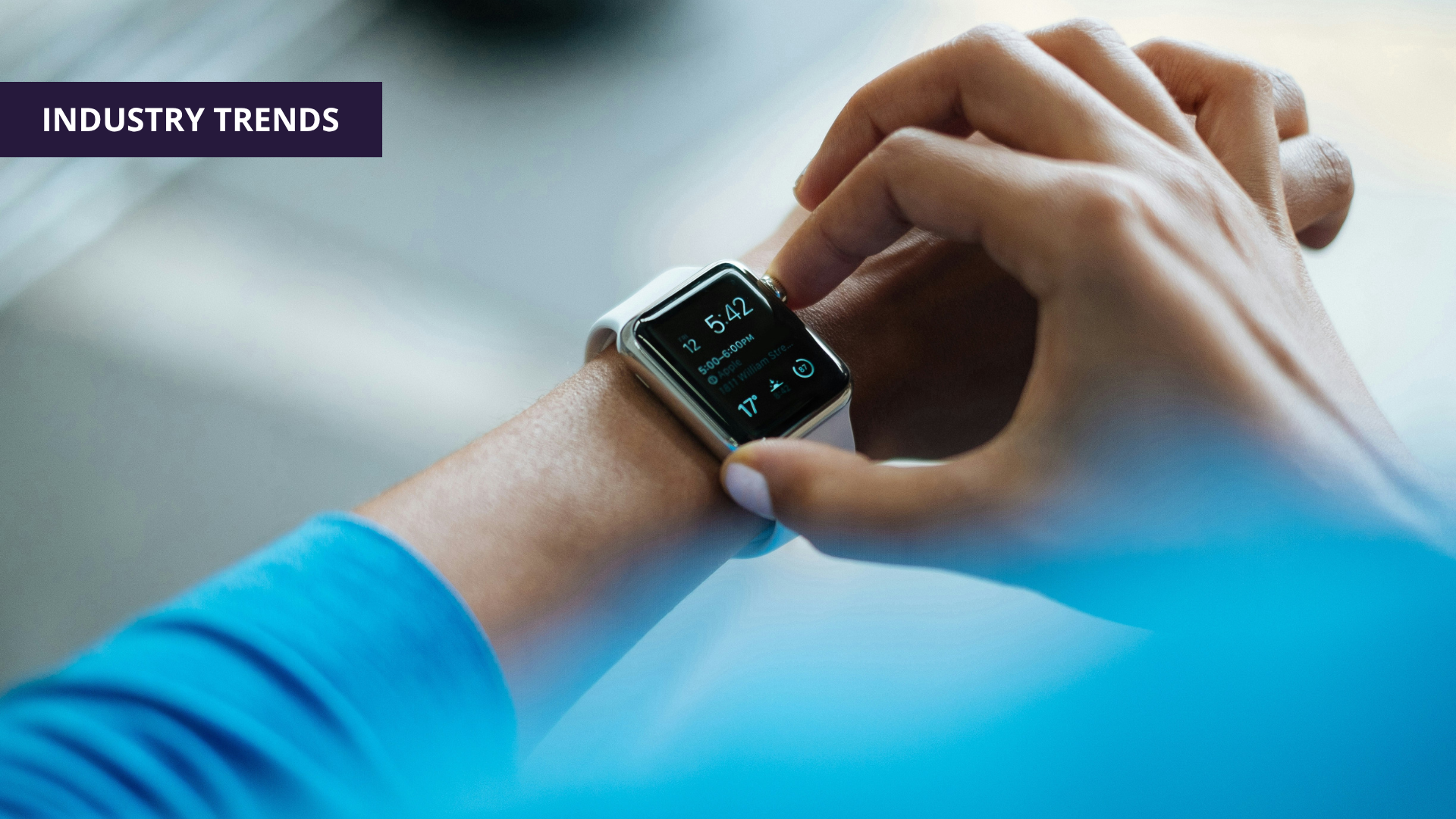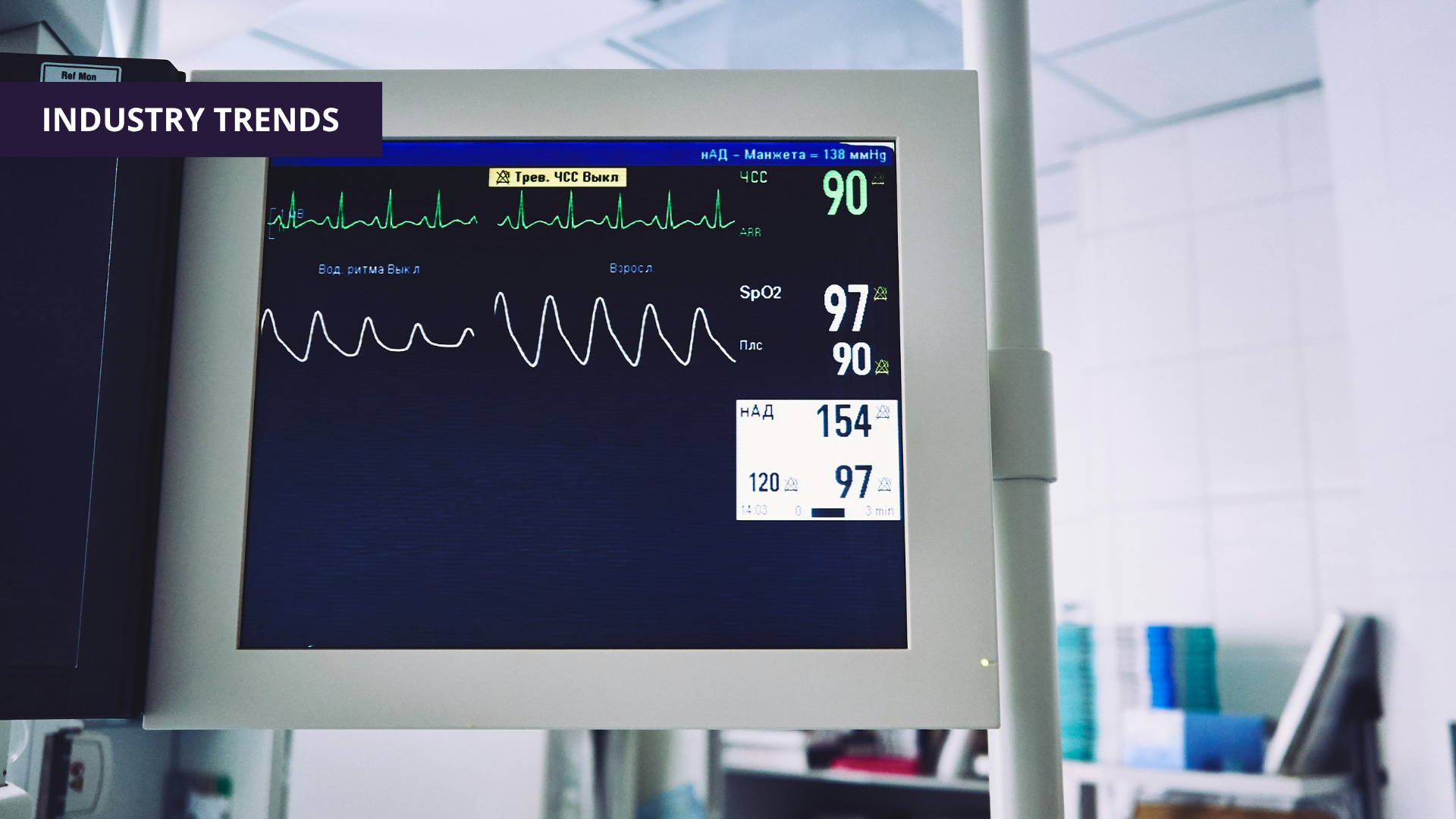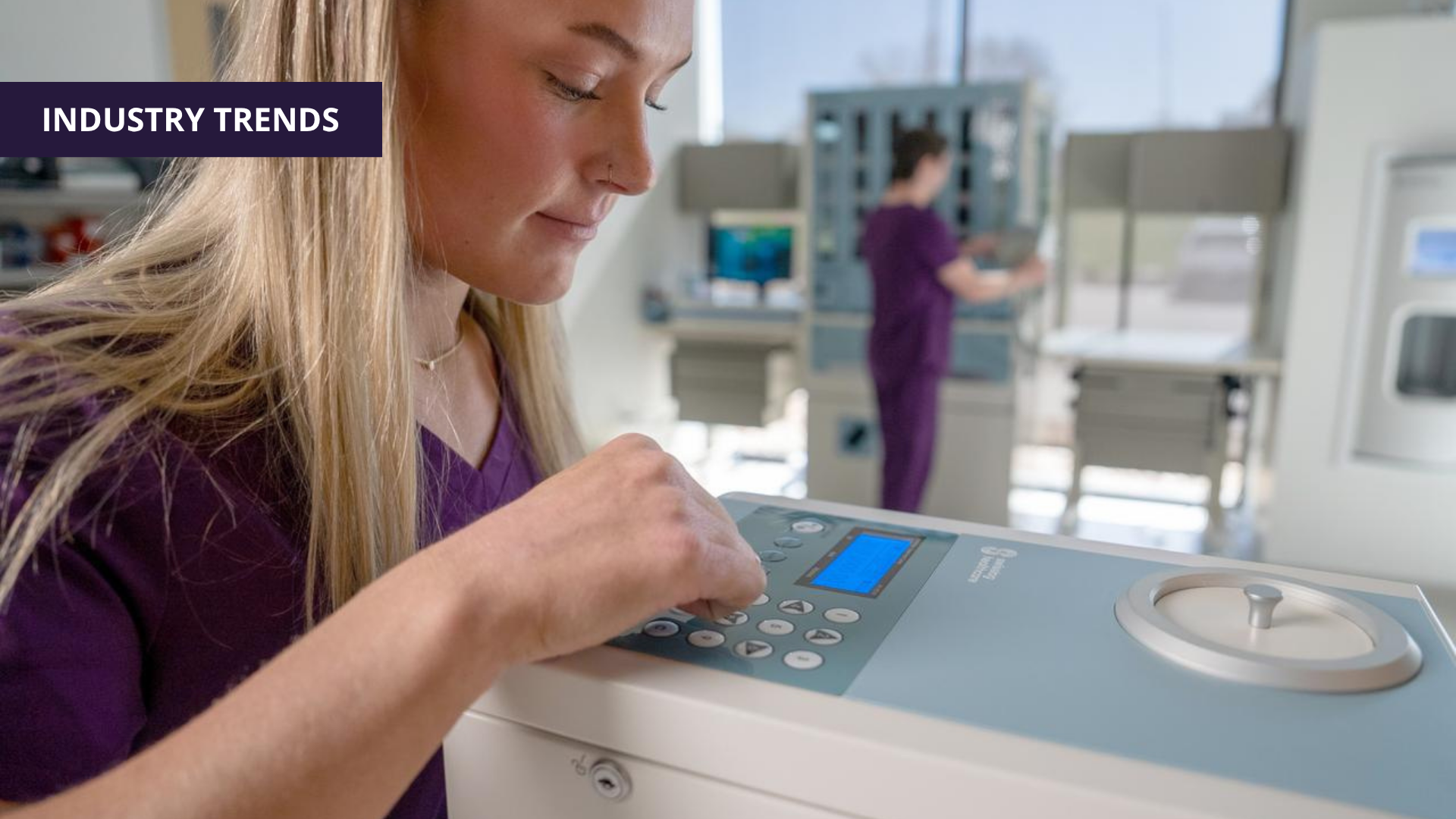Cybersecurity In Healthcare
As we observe National Cybersecurity Awareness Month, it’s the perfect opportunity to reaffirm the our commitment to securing our tube system for our customers. In today’s digital era, cybersecurity is critical, especially in healthcare systems where operational integrity is paramount. Healthcare organizations must not only prioritize efficiency but also ensure their technology is protected from evolving cyber threats. At Swisslog Healthcare, safeguarding our products remains a top priority. As these threats continue to evolve, we are dedicated to staying ahead by consistently enhancing our product security and practices.
In this post, we’ll explore the importance of cybersecurity in healthcare, our role in the cybersecurity landscape, and the specific steps we’ve taken to secure our product now and into the future.
The Importance of Cybersecurity in Healthcare
The frequency and sophistication of cyberattacks are rising, with businesses across sectors—especially healthcare—becoming prime targets. Whether politically or financially motivated, these attacks pose significant challenges for organizations like ours which provides systems critical to patient care.
Cybersecurity in healthcare is about more than just protecting patient data. It's about ensuring the smooth operation of life-saving technologies and systems. Hospitals rely heavily on automated systems to transport medical supplies, lab specimens, and medications efficiently. A breach or disruption in these systems could cause delays in care, jeopardize patient outcomes, and violate regulatory requirements like HIPAA, which mandates strict data security and privacy measures.
For example, a recent ransomware attack at University Medical Center Health Systems in Lubbock, Texas, disrupted multiple hospital systems and forced patient diversions to other facilities. This event highlights the national security risks tied to healthcare cyberattacks.
Ransomware Attack Forces Texas Level 1 Trauma Center to Divert Patients - Campus Safety Magazine


